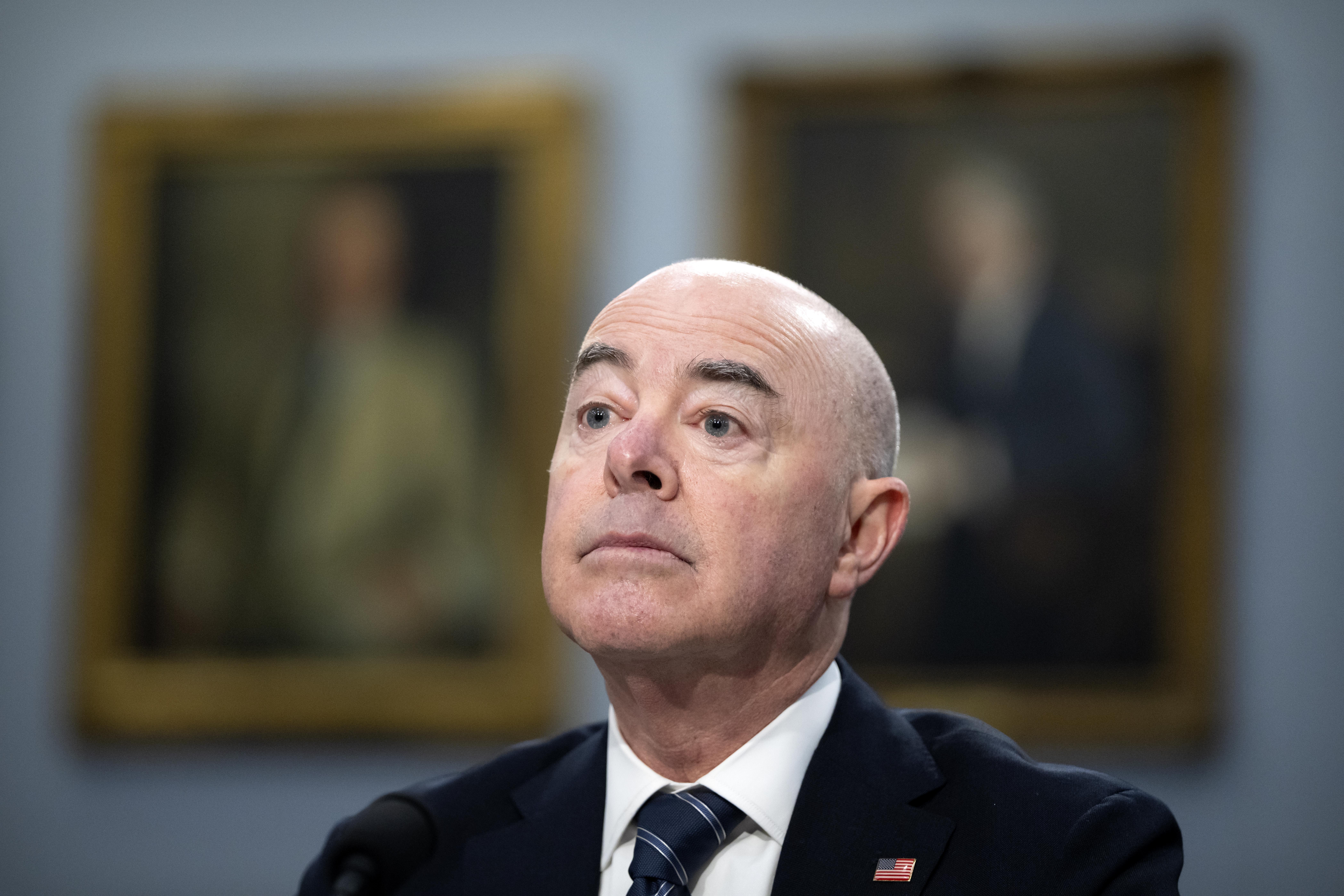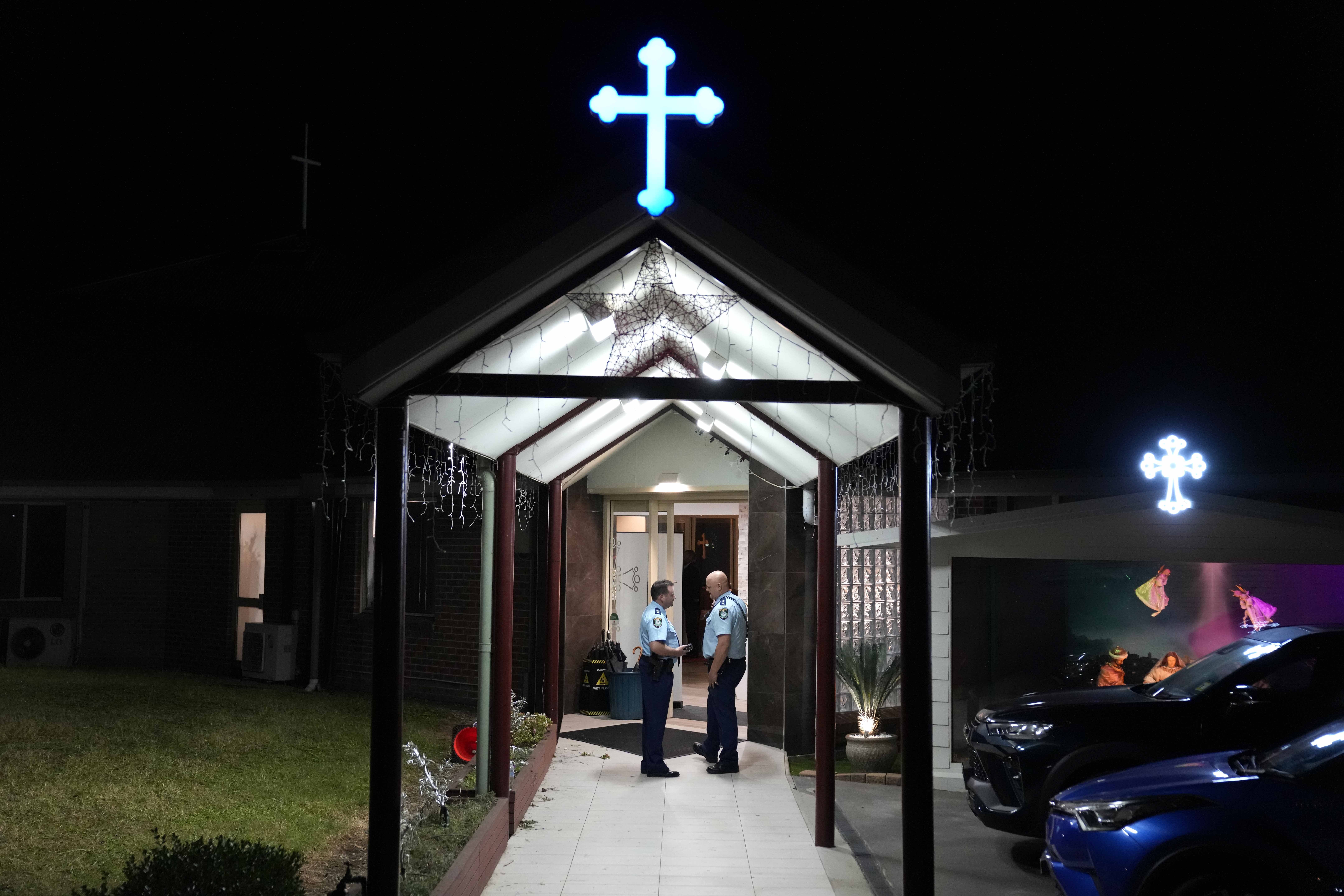Bernie Sanders is ready to work with Hillary Clinton and her presidential campaign to "transform the Democratic party," he said in a video streamed Thursday night, billed as discussing "what's next for our campaign."
He also made clear his political campaign, which he's described as a "political revolution," is aimed at defeating Donald Trump as much as it is about making the United States more progressive.
"The major political task that we face in the next five months is to make certain that Donald Trump is defeated and defeated badly. And I personally intend to begin my role in that process in a very short period of time," Sanders said.
What Sanders did not do in the video, a transcript of which was posted as Sanders spoke, was drop out of the race for president, or at least not explicitly.
He has not conceded the race or referred to Clinton as the likely nominee. But the two rivals met Tuesday night in a Washington, D.C., hotel along with advisers to discuss policy goals and future plans.
"It is no secret that Secretary Clinton and I have strong disagreements on some very important issues. But it's also true that our views are quite close on others," he said, adding that he looks forward to continued discussions to "make certain that your voices are heard."
Clinton has already clinched the delegate commitment needed to be named the party's presumptive presidential nominee. She did not immediately release a response to Sanders' video.
U.S. & World
Sanders, a self-described "democratic socialist" who positioned himself as a robust liberal alternative to Clinton, wasn't able to capitalize on momentum during the primary season and pull ahead of the former secretary of state during the long primary season, which ended Tuesday.
Sanders has raised millions in small donations and drew enthusiastic crowds to his rallies. Under heavy pressure from Democrats to drop out, he vowed in recent months to stay in the race until the last primary, arguing he could sway superdelegates to his side. He has rejected criticism that he was potentially turning his supporters away from Clinton and said the debate his candidacy had sparked was good for the country and for the Democratic party.
On June 9, President Obama endorsed Clinton, and Sanders' run entered what appears to be its final phase: influencing the future of the Democratic party and the future of the nation.
Sanders outlined his agenda for the Democratic National Convention, to be held in Philadelphia in July. It includes raising the federal minimum wage to $15 per hour, ban banning the sale of assault weapoons, defeating the Trans-Pacific Partnership trade deal.
He also provided a link to his web page with advice for how to run for president, so his followers can inject "new blood to the political process" and change the nation in a grassroots way.
"My hope is that when future historians look back and describe how our country moved forward into reversing the drift toward oligarchy, and created a government which represents all the people and not just the few, that they will note that, to a significant degree, that effort began with the political revolution of 2016," Sanders concluded.
The Associated Press contributed to this report.



